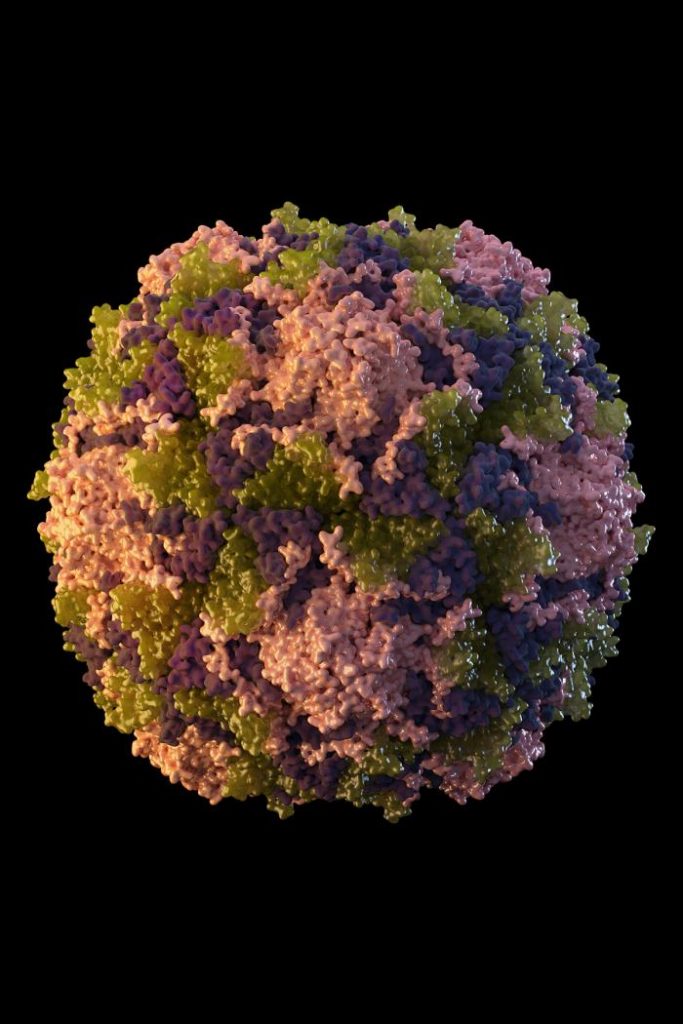For the first time since Feb. 2006, the archipelago of some 17,000 islands, Indonesia reported a polio case.

This week, the Global Polio Eradication Initiative (GPEI) said a new circulating vaccine-derived poliovirus type 1 (cVDPV1) outbreak has been confirmed in Indonesia.
Two genetically-linked circulating vaccine-derived poliovirus type 1 (cVDPV1) isolates were detected, from an acute flaccid paralysis (AFP) case, with onset of paralysis on 27 November 2018, and from a sample of a healthy community contact, in Papua province collected on 24 January 2019.
This outbreak is not linked to the cVDPV1 currently affecting neighboring Papua New Guinea.
According to the World Health Organization, the last case of polio found in Indonesia was on February 2006, which was part of an outbreak that totaled 305 cases.
GPEI says the detection of cVDPV1 underscores the importance of maintaining high routine vaccination coverage everywhere to minimize the risk and consequences of any poliovirus circulation as well as the need to ensure quality surveillance for early detection of any polioviruses. These events also underscore the risk posed by any low-level transmission of the virus. A robust outbreak response is needed to rapidly stop circulation and ensure sufficient vaccination coverage in the affected areas to prevent similar outbreaks in the future. WHO will continue to evaluate the epidemiological situation and outbreak response measures being implemented.
- CIDRAP Director, Michael Osterholm, PhD on Outbreak News TV
- Hillsborough County hepatitis A cases top 100
- Dengue fever: Hong Kong reports record number in 2018
- Bacterial meningitis fatal case investigated in Cuesta College student
- Lyme disease: If bull’s eye rash is present, diagnose it says UK agency
- Rat lungworm: Hawaii reports 1st case of 2019
- Hong Kong reports 3 imported measles from the Philippines
- Fascioliasis drug, Egaten receives FDA approval

